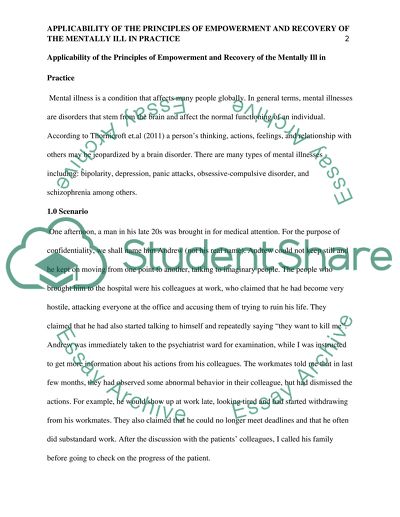Cite this document
(“Applicability of the Principles of Empowerment and Recovery of the Essay - 1”, n.d.)
Retrieved from https://studentshare.org/nursing/1598605-applicability-of-the-principles-of-empowerment-and-recovery-of-the-mentally-ill-in-practice
Retrieved from https://studentshare.org/nursing/1598605-applicability-of-the-principles-of-empowerment-and-recovery-of-the-mentally-ill-in-practice
(Applicability of the Principles of Empowerment and Recovery of the Essay - 1)
https://studentshare.org/nursing/1598605-applicability-of-the-principles-of-empowerment-and-recovery-of-the-mentally-ill-in-practice.
https://studentshare.org/nursing/1598605-applicability-of-the-principles-of-empowerment-and-recovery-of-the-mentally-ill-in-practice.
“Applicability of the Principles of Empowerment and Recovery of the Essay - 1”, n.d. https://studentshare.org/nursing/1598605-applicability-of-the-principles-of-empowerment-and-recovery-of-the-mentally-ill-in-practice.


